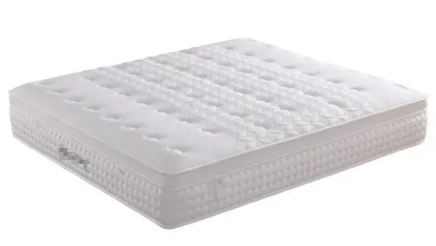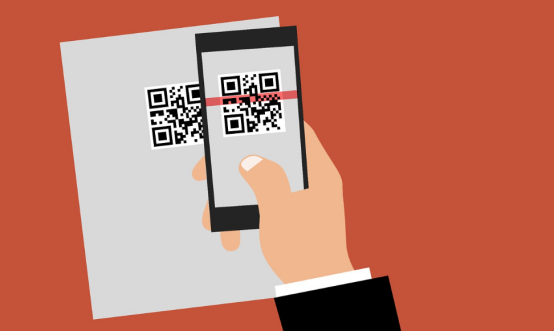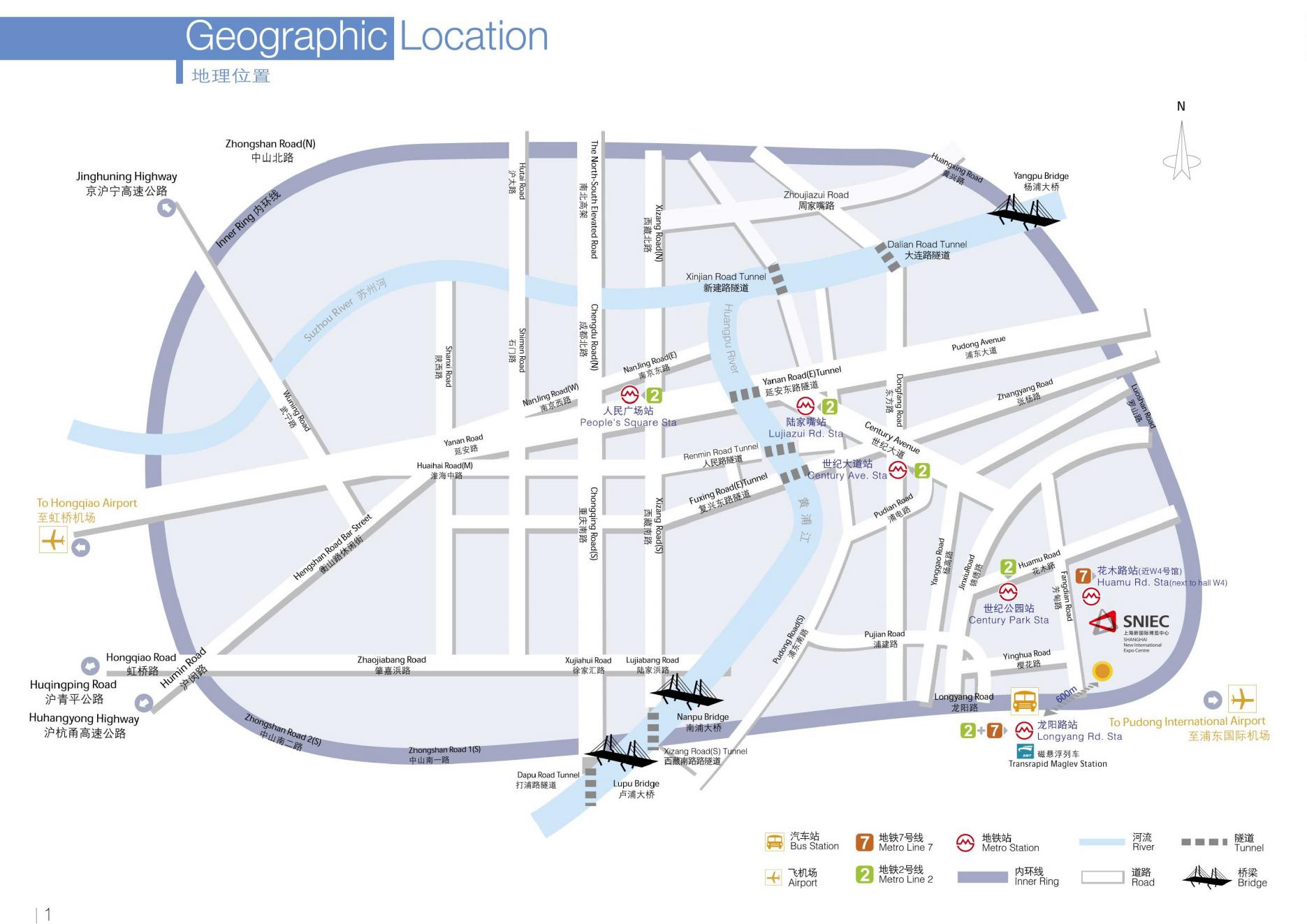Avery Dennison is collaborating with a leading European company to reduce the landfilling of mattresses by implanting nearly a million RFID tags in mattresses over the next few years.
Avery Dennison, along with TripleR, recently reached an agreement with Aquinos Group, becoming the first in the mattress industry to comply with the European Union Digital Product Passport (DPP) regulations.
Starting this year, Avery Dennison will utilize the atma.io cloud to attach RFID tags to a large number of retail products, providing stakeholders in the recycling industry with information about product origins and materials. This process creates a “digital twin” with precise product information.
Targeted Sustainable Initiative
Avery Dennison is offering a sustainable initiative to ensure the digitization and management of materials in all bedding products. This initiative aims to prevent the wastage of these products and promote circular economy development by facilitating the flow of data across the entire supply chain.
Benjamin Marien, International Business Director of Aquinos Group, stated, “Through TripleR and Avery Dennison, we are bringing sustainable development in bedding from a niche to mainstream, crucial for eliminating waste of bedding materials.”

Preventing Mismanagement of Mattress Products
Aquinos Group, operating in about 20 European factories under brands like Aquinos Bedding, produces mattresses for various brands. While many mattresses are designed with recycling in mind, data barriers prevent efficient transfer of information to mattress recyclers. The introduction of DPP allows stakeholders in the product circulation chain to access detailed data about mattress components and recycling procedures.
As a major European bedding brand, Aquinos plans to leverage its market share to raise awareness of the importance of DPP.
“ DPP marks the next crucial step in circularity,” Marien expressed. “As the first company in the industry to initiate [DPP] compliance, we hope to set an example and inspire the market, our industry partners, and the entire bedding industry to advance environmentally responsible business practices.”
Changes with RFID Implementation
The use of RFID tags breaks down data barriers, opening valuable downstream data to players in the recycling industry, ensuring materials are maximally reused. To achieve this, Aquinos and TripleR have formed an alliance with the Belgian industry association Valumat.
Valumat focuses on mattress recycling, allowing consumers to dispose of discarded mattresses for free at their recycling centers, aiming to stimulate eco-design for long-term material regeneration.
With the implementation of DPP rules, RFID tags are expected to find applications in more areas. Items will be scanned at recycling centers, enabling product dismantlers to instantly understand the materials used in the manufacturing process and efficiently separate them for reuse.
Consumer Access to Data
Consumers will be able to scan QR codes with their smartphones to access detailed product information before and after purchase, encouraging informed purchasing decisions and fostering consumer trust in the product.

Usage of a Million Tags
As the DPP plan for mattresses takes effect, Aquinos has already equipped a million products with RFID tags — making it the first mattress manufacturer to comply with the DPP program throughout the entire European Union. In some countries, RFID management may even be implemented earlier, such as in Belgium, where all mattresses sold are set to use RFID technology by 2025.
DPP’s Impact on Other Industries
DPP is expected to affect other industries, including textiles, industry, and electric vehicle batteries.
In the fashion sector, many companies have already begun attaching RFID, NFC, and QR code labels to their products to collect and share information about products, care instructions, repair/recycling instructions, and sustainability credentials.
Advantages of RFID
Collaboration with various stakeholders from retail to recycling, the pilot program promotes cooperation and data exchange along the value chain, utilizing the value of data.
In the recycling process, RFID tags, when applied on a large scale, can achieve more ideal results. Through the coordination of RFID readers and tags, each data point can be read without direct visual contact, a capability not achievable with QR code reading.
RFID’s development in the retail sector has a long history, being the most widely applied scenario for RFID tags. However, despite the use of numerous tags, the demand in this market has not been well-explored. In recent years, Avery Dennison has been pushing for the exploration of incremental scenarios and applications of RFID across various industries to better harness the value of RFID.
This paper is from Ulink Media, Shenzhen, China, the organizer of IOTE EXPO (IoT Expo in China)
Join us next year in Shanghai, and let’s shape the future of technology together!
To register IOTE 2024 Shanghai station:
https://eng.iotexpo.com.cn/sh/Visitors.html?lang=EN&source=YJ1

















